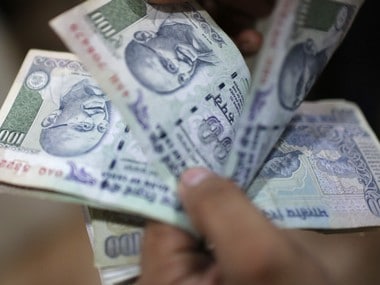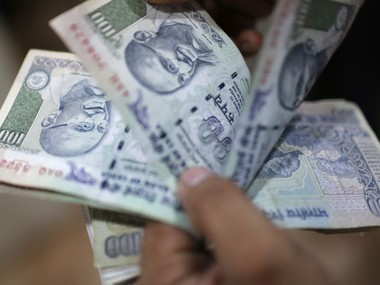The financial year 2018 witnessed a frenetic buyback activity with 41 companies completing their share repurchase offers worth Rs 49,067 crore, the highest-ever. Of this, buyback offers by seven IT services companies accounted for Rs 44,984 crore or 92 percent. This includes the Rs 16,000-crore buyback by TCS and Rs 13,000 crore by Infosys. Close to Rs 34,000 crore of buyback offers were announced by companies last year. What has made buyback so attractive is the 2016 Budget amendment slapping a 10 percent tax on dividend in excess of Rs 10 lakh received by a shareholder, targeting mainly the company promoters. This coupled with the already existing dividend distribution tax (DDT) of 15 percent plus surcharge and education cess makes dividend an unattractive option insofar as company promoters are concerned. Prior to the introduction of the additional 10 percent tax in the hands of the shareholders, company promoters got away with a slap on the wrist—just DDT which they vicariously paid through the medium of the company they had promoted whereas were dividend to be taxed fully in the hands of the recipients as was the case till 1996, promoters would have had to shell out more than 30 percent. The additional 10 percent tax in the hands of the recipients was to correct this skew. But company promoters are a smart lot. They found a way out by preferring to collect their rewards through the buyback route rather than by way of dividend. Section 10(38) exempts long term capital gains from equity provided securities transactions tax (STT) were paid on the shares both at the time of acquisition as well as sale. Buyback by companies through the stock exchanges also makes the grade for such exemption. There is another mode of buying back—the tender route under which the company invites shareholders to offer their shares for buyback. Since this is an off-market deal, no STT is payable and hence it becomes liable to capital gains tax. But still this route is good because companies offer a substantial premium vis-à-vis the market quotations so as to ensure that the buyback scheme does not bomb or fail. The point is, if such substantial premium offsets the tax payable, the shareholder should not mind the tax. [caption id=“attachment_4366925” align=“alignleft” width=“380”]  Representative image. Reuters[/caption] Tax authorities are perfectly justified in sending out notices to the shareholders who sold their shares back to the company under the tender route. But eyebrows have gone up at the creative reading of the law by the taxman when it comes to market purchases by the company of its own shares—they are not normal market operations of buying and selling. This is unfair because section 10(38) does not distinguish between market purchase and sale consummated by market players and the ones consummated between company and its shareholders. True, a company incestuously indulging in market operations of its own shares borders on insider trading and hence not a normal market operation. But the government ought to have amended section 10(38) expressly shutting the doors to the LTCG exemption if the company itself was a player in the market by way of buyer. The government ought to have put its foot down to the market route for buyback for another reason—tender route is democratic in that everyone gets a fair and upfront chance to offer his shares and beget an attractive price, the one that is much higher than the market price whereas in the rough and tumble of the market, small shareholders are likely to be left out given the fact that the quantity to be bought by the company would be in larger lots which only its promoters can offer. The tax authorities rightly suspect that the stock exchange platform is being misused by promoters just the way they misused while they transferred controlling interest through bulk trading platforms of the stock exchanges. But nothing short of an express amendment even retrospective to section 10(38) makes their action beyond legal scrutiny and judicial censure. In other words, buyback through stock exchanges should not have been exempted from LTCG tax. This ought to have been done through legislation and not by administrative order. (The author is a senior columnist and tweets @smurlidharan)
What has made buyback so attractive is the 2016 Budget amendment slapping a 10 percent tax on dividend in excess of Rs 10 lakh received by a shareholder, targeting mainly the company promoters.
Advertisement
End of Article


)

)
)
)
)
)
)
)
)



